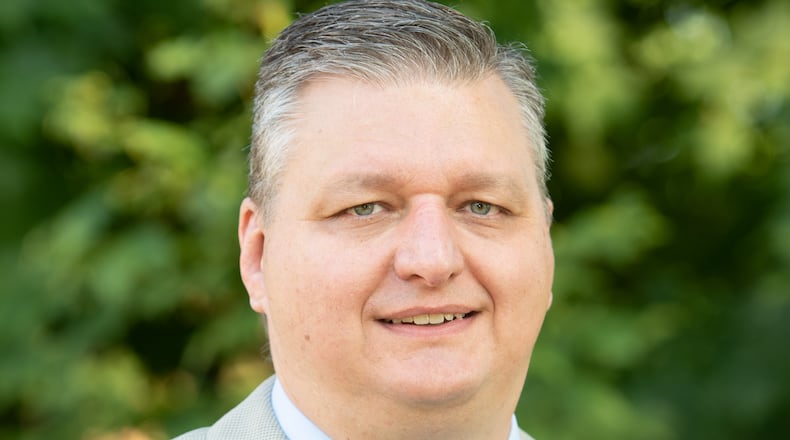We soon got word that classes were canceled. Many of our students were from that part of the country, and some had parents and friends who worked in the World Trade Center. I went home to spend the rest of the day with my wife and young son, who is now in his third year of college. We were afraid of what might happen next.
New Orleans is a port city, providing access to the Mississippi River. Navy, Marine and Coast Guard facilities call the Big Easy home. Louisiana provides a significant amount of energy throughout the southern United States. We worried that if this was the beginning of a large scale terror attack, we could be a prime target.
We were paralyzed by a lack of information. The Sept. 11 attacks happened before the social media boom — about three years before Facebook and five years before Twitter even existed. While news was available online, it was spotty, and there was very little reporting coming from near or around New York City or the Pentagon, where another attack happened. Television cameras were soon everywhere and the images of smoke, fire, steel, and rubble are still etched into my memory.
As a political scientist, my mind worked through the implications of what I was watching. Would we go to war? What was going to change? How would our leaders respond? Was 9/11 a turning point, an event that shapes our politics for the next generation or more?
We were less than a year removed from the 2000 presidential election, which was historically close and controversial. Republican George W. Bush did not become president to handle a massive terrorist attack and a foreign policy upheaval. Republicans narrowly controlled the U.S. House and Democrats held a slim margin in the Senate. Many Democrats were still insistent that Bush was not a legitimate president. Divisions were deep on Sept. 10.
During the evening of the 11th, members of Congress from both parties appeared on the steps of the U.S. Capitol. Two speakers, one from each chamber, honored the fallen. They stood shoulder-to-shoulder and spoke solemnly of their unity and resolve. After a moment of silence, those up front shuffled off to the side and the camera followed them, but then snapped back as some of those assembled burst into a rendition of God Bless America. Soon, it seemed every voice joined the spontaneous eruption.
This was the best of America during one of its darkest moments. The stain of hyper-partisanship faded for at least awhile. The bitterness of politics was replaced by the sadness of loss. There was a recognition that neither our strength nor our goodness are givens. Americans responded in kind. For months, there were no strangers on the streets, only fellow citizens trying to get along in a new world. American flags lined our neighborhoods. A Republican president was cheered, mightily, for throwing a first pitch strike in Yankee Stadium.
The warmth of our union cooled, replaced by the frigid fissures that define us. The War on Terror eventually receded, but not for our soldiers and their families. For the rest of us, the Culture War between right and left took its place in our imaginations. Our enemies, we are told, no longer import terror from afar, but lurk on every corner of every street. This spirit of division too often proceeds from and animates our leaders.
What would it take now for members of Congress to sing God Bless America? I used to joke with students that sort of unity would require a global pandemic or an alien invasion. Well, we can cross one possibility off that list.
Mark Caleb Smith, Ph.D., a leading political scientist in Ohio, is the director of the Center for Political Studies and chair of the Department of History and Government at Cedarville University.
About the Author

